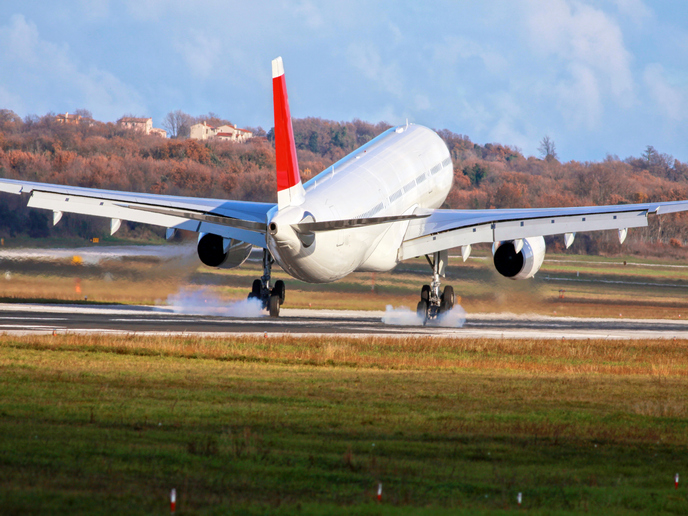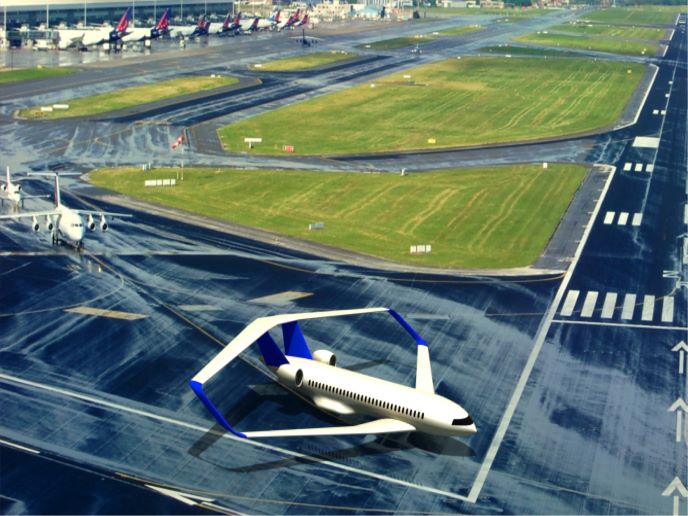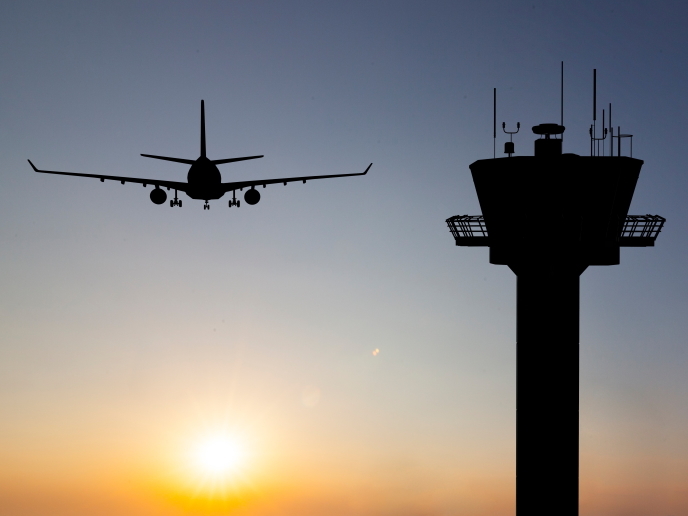Cutting costs (and delays) at airports using predictive AI
Artificial intelligence based on collaborative data-driven machine learning has the potential to transform air traffic management (ATM). Encouraging the participation of all stakeholders, including airlines, will be critical to achieving successful outcomes in the future. “Airlines are today reluctant to share their private data to contribute to collaborative decision-making,” explains AICHAIN(opens in new window) (A platform for privacy-preserving Federated Machine Learning using Blockchain to enable Operational Improvements in ATM) project coordinator Javier Busto from SITA eWAS Application Services(opens in new window) in Spain. “Once they have filled out their flight plans, the planning and management of the network resources and airspace capacities tend to take place more or less without the full coordination with airlines.” Feeding airline data on sensitive issues such as costs, flight priorities and passenger and crew connections into the decision-making process could contribute to more efficient predictive models, and lead to smoother capacity management and flight allocations in the future. “The challenge here is not just technological; it is also about encouraging stakeholder participation in building common global models for the benefit of ATM as a whole,” continues Busto. “This data tends to be commercially very sensitive, covering fuel costs and staffing issues.”
Predictive flight allocation
AICHAIN was funded within the framework of the SESAR Joint Undertaking(opens in new window), a public-private partnership set up to modernise Europe’s ATM system. The project sought to improve flight allocations by applying machine learning to sensitive (and non-sensitive) data in a decentralised, protected way. The idea was that this would provide airlines with the security and confidence needed to share their data. “We developed a federated machine learning(opens in new window) system that could be trained with this sensitive data from airlines,” adds AICHAIN scientific coordinator Sergio Ruiz from the EUROCONTROL(opens in new window) Innovation Hub based in France. “The Network Manager, in this case EUROCONTROL, could then use this secured information to enhance the prediction of the flight routes chosen by the airlines and the expected take-off times, to ensure smoother operations.” Federated machine learning has been used in industries such as pharmaceuticals and healthcare, and AICHAIN wanted to demonstrate that the concept was feasible for ATM. The team focused on two specific end use cases – take-off time prediction and flight route prediction. Greater predictability for these aspects is important for achieving better management of traffic and reducing latent capacities, which in turn would reduce the ATM costs for airlines and passengers. “Data can be processed in the nodes (e.g. airlines systems), where data is located,” says Ruiz. “We used blockchain and identified other privacy enabling technologies to complement federated machine learning.”
Getting airlines on board
The project team then assessed the efficacy of the system in terms of technological feasibility, operational value and acceptance by stakeholders. “Federated machine learning is a fairly mature technology, though not too well known in this sector,” remarks Busto. “We demonstrated that we could develop a bespoke system that fully protects privacy and generates the due trust and incentives for the airlines to participate.” AICHAIN also worked closely with relevant authorities to ensure that the machine learning tools could be certified for use in ATM. This is an essential step for introducing new technologies in such a safety-critical domain. “This is a very complex domain that is still evolving,” adds Ruiz. “In this way, the project has been able to exert a positive influence on the certification process, in particular when data privacy and process transparency are both required.” The project also demonstrated the power of blockchain technology in terms of traceability and generating trust. “For us, this is a decentralised data technology,” notes Ruiz. “Data is not on a platform as such, but stays with the owners of the data, who remain in full control. From there it can be exploited by the network manager through the federated learning platform, while privacy is protected.” Both Busto and Ruiz see AICHAIN as having made a valuable contribution not only to helping improve automation in ATM but also to the field of federated machine learning as a whole. “We’d like to explore new use cases,” says Ruiz. “Some of this technology could be developed fairly quickly. What we’d really like to see is more airlines providing data in a federated and privacy-preserving manner. The good news is that more airlines have expressed an interest in this project.”







